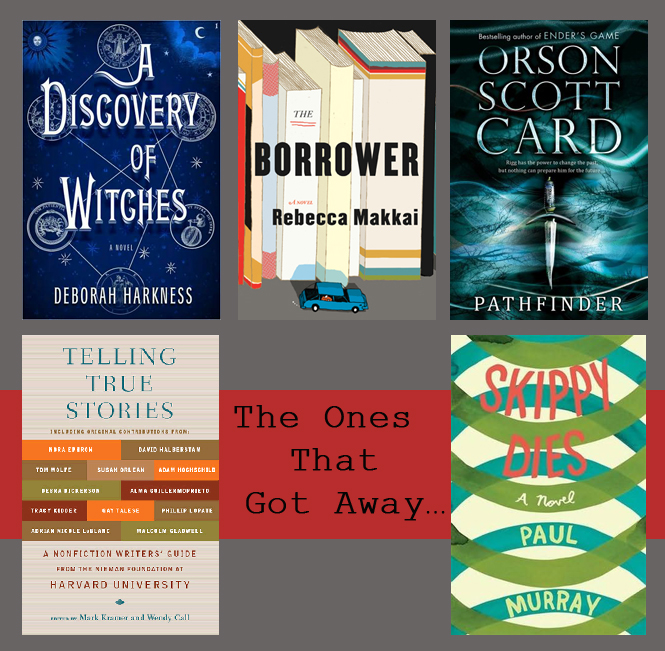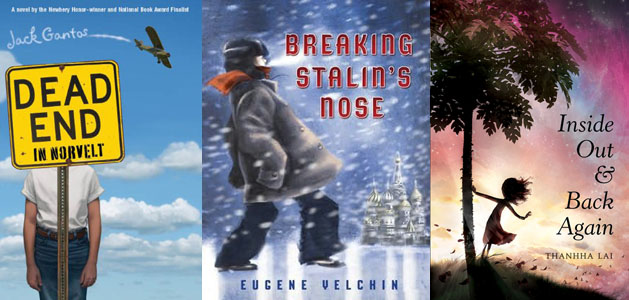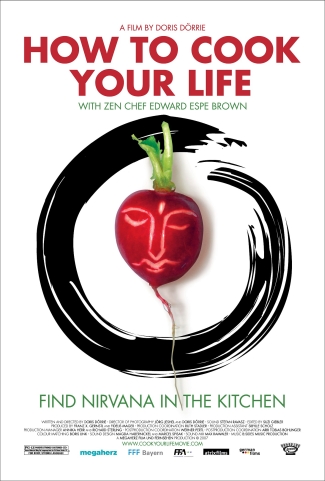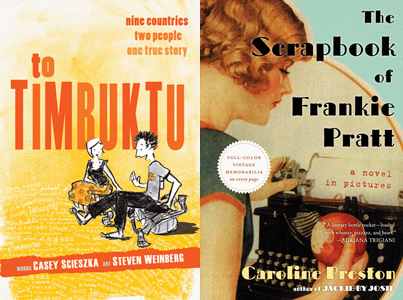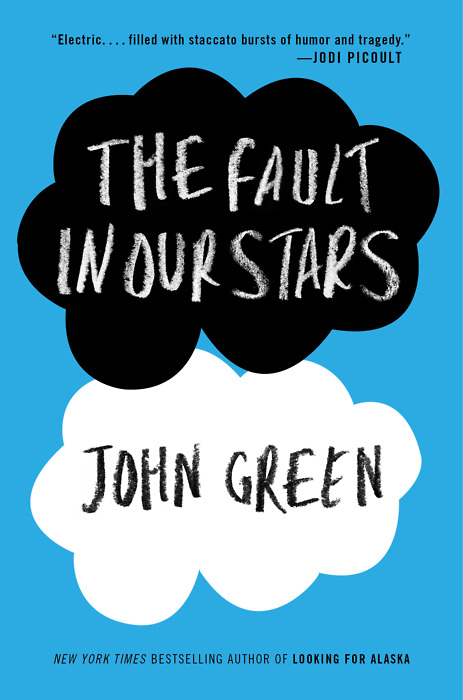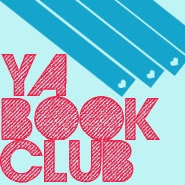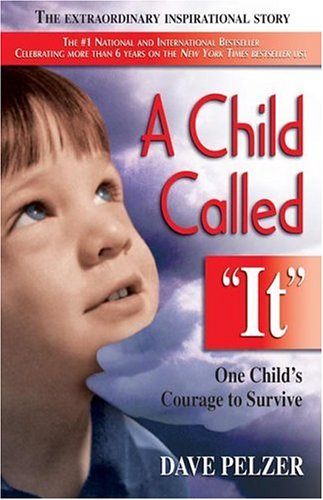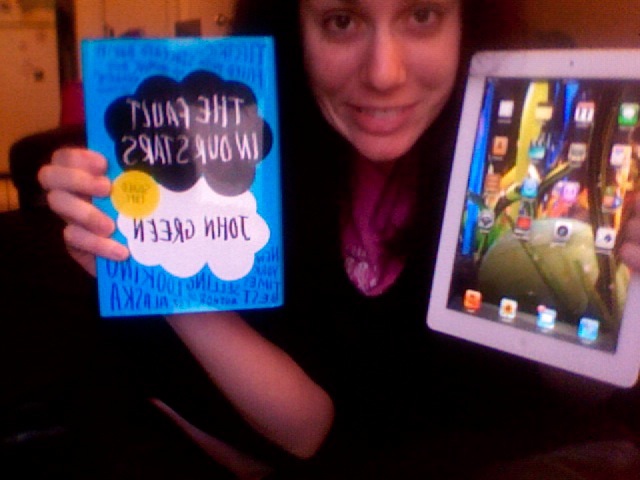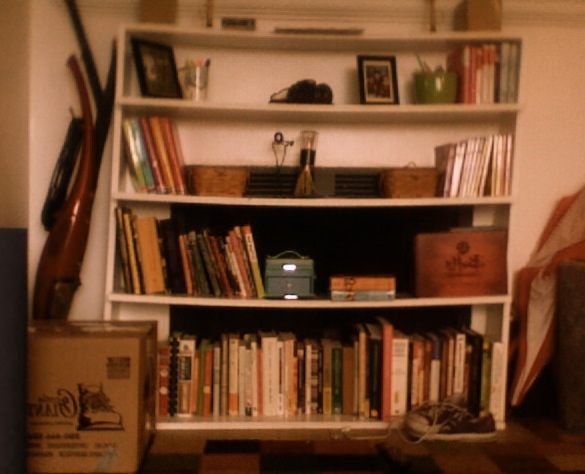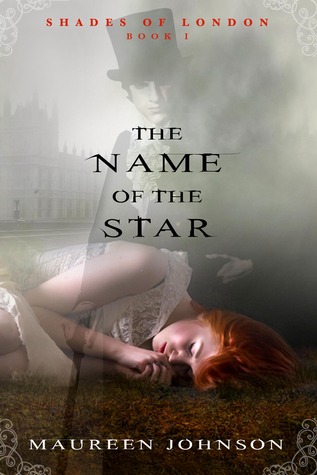
Do you like to do research before you read a book? Do you browse reviews, check out the author’s website, look it up on Goodreads to see what your friends thought about it?
About a year ago, I stopped doing all of that because I am reading for school. There is no negotiation – Jessica, you will read this book whether you like it or not – so I stopped even reading the back of the book. Who cares if anyone likes it, who blurbed it… who cares what the book is even about?
Suprisingly, I have come to enjoy reading books blind. It’s a bit more suspenseful, first of all – when you jump into the first chapter of a book, it’s fun to feel disoriented for those first few chapters and have to slowly make your way to what the book is about. But more notably, I’ve found that I do end up enjoying books that would otherwise scare me off.
See: Maureen Johnson’s The Name of the Star.
- Set in London (I’m not much of an Anglophile… and those that are tend to to leave me feel alienated? I have issues)
- Serial killer plotline (Gross. I’m a delicate flower.)
- First in a series (Standalone fiction is not yet dead, right? Anyone? Anyone!?)
- Maureen Johnson (I like her books but for some reason I always wish I liked them more… I don’t know)
So no, I would not have wanted to read this book. In fact, I was aware of its publication and after seeing the G-word, decided not to seek it out.
But the syllabus strikes again. I opened this book last week without knowing much else other than GHOSTS, but I was surprised how quickly the plot swept me up, how much I liked the characters and the setting, and how the GHOSTS didn’t bother me as much as I assumed they would.
One thing Johnson really does excel at is the kind of understated but complex female heroines that you don’t necessarily feel a great affinity towards, but you like them. You want to be friends with them. You think they are sincerely interesting and cool people. Rory Devereaux is one such heroine. The child of two Louisana professors, Rory is excited to spend a year with her parents on sabbatical in Bristol, England. She chooses to apply to a selective boarding school in London because she can – why not live out the true “England” experience while abroad? – but her arrival to Wexford coincides with a serial killer’s first strike. The killer seems to be recreating the Jack the Ripper killings that took place in the same neighborhood as Rory’s school, but nobody can figure out how the crimes are committed, much less by whom. While Rory tries to make friends, find a little romance, and succeed at school, she also becomes a pseudo-witness to one of these crimes, which eventually pulls her into a web of paranormal crimefighters.
One additional point of praise I might offer this novel before I end this overview: the ending. So how is the ending of a series book supposed to end? It is supposed to entice you into reading the next volume of the series. These overblown cliffhanger endings are why I have grown suspicious of most series titles. I’m sorry, but I get annoyed when a book ends and NONE of the central plot conflicts have been resolved, when the only thing encouraging me to read more is that YOU HAVE LEFT EVERYTHING DELIBERATELY HALF-WRITTEN. That is manipulative. The Name of the Star has a perfectly independent structure that does not require you to keep reading. The book ends not on a “what will happen next?!?!!!!” cliffhanger, but a well-played combination of a subtle “where will Rory go next?” feeling of honest curiosity combined with a last-page paranormal moment so bizarre and unexplainable that you can’t help but wondering “what COULD happen next?”
So kudos to you, Johnson. You have written a ghost book that this skeptic can get behind with a likeable, complex heroine, complete with a completely commendable ending. Kudos!
